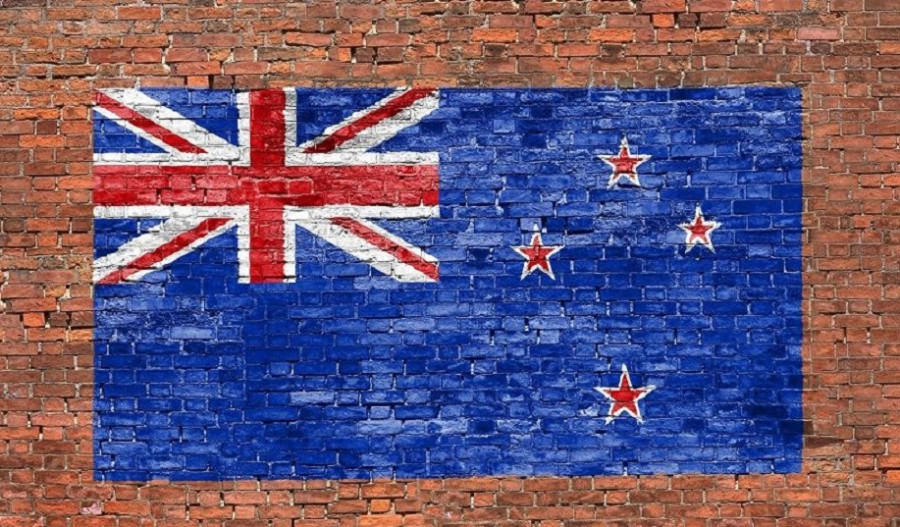On November 27, the Reserve Bank of New Zealand (RBNZ) will conclude its final meeting of the year. According to most experts, the RBNZ is expected to cut the interest rate by 50 basis points, bringing it to 4.25%. This is the baseline and most anticipated scenario, and it is unlikely to provoke significant volatility in the NZD/USD pair. However, this does not mean the November meeting will be uneventful. On the contrary, the New Zealand dollar ("kiwi") will likely enter a zone of price turbulence following the meeting.

There is a slim possibility that the central bank could opt for a smaller 25-basis-point cut due to the implications of Trump's victory and the upcoming trade war with China. While highly unlikely, this scenario would provide strong support for the kiwi. Conversely, the RBNZ may signal additional steps toward monetary policy easing. This latter scenario seems more plausible and has not been fully priced into the market.
The green light for a 50-point rate cut was provided by New Zealand's inflation report published in mid-October. The Consumer Price Index (CPI) for Q3 slowed to 2.2% year-over-year, within the RBNZ's target range of 1–3% for the first time since early 2021. Although quarterly CPI rose by 0.6%, it fell short of the anticipated 0.8%. This sequential deceleration in inflation for seven consecutive quarters supports a more aggressive easing policy and opens the door for another rate cut in early 2025 if inflation remains within target.
Another argument in favor of the dovish scenario is the slowdown in the country's economy. New Zealand's GDP shrank by 0.2% in Q2 (quarter-over-quarter) and slowed by 0.5% year-over-year. The Statistics Bureau attributed this weakness to reduced spending in retail and housing and declines in wholesale trade and forestry.
The third quarter figures will be published in the first half of December, but judging by some indirect signs, the island nation's economy will not please investors. For example, data on retail sales were published in New Zealand. In the third quarter, the consumer spending indicator fell by 0.1% q/q after a decline of 1.2% in the previous quarter.
Analysts at Commerzbank and other financial institutions predict further rate cuts in February and April 2025, though the pace remains uncertain. Some expect a 25-basis-point reduction in February, while others anticipate 50 basis points, with another easing round likely in April.
The wording of the accompanying statement and the rhetoric of RBNZ Governor Adrian Orr will provide traders with clues on the central bank's path forward. If the RBNZ emphasizes slowing inflation and economic growth, the kiwi will face pressure as markets price in a 50-point cut in February and an additional 25-point cut in April. However, the kiwi could strengthen if the central bank focuses on international risks (geopolitical tensions, impending trade wars, etc.) that could impact inflation, allowing NZD/USD buyers to stage a robust correction.
Even in the case of a corrective bounce, any rallies should be seen as opportunities to open short positions. On the MN time frame, the pair remains in a pronounced bearish trend for the second consecutive month, driven by the strong U.S. dollar and slowing Chinese economic growth. There are no compelling reasons for a trend reversal, even if the RBNZ refrains from signaling a 50-point cut in February.
Technically, on higher time frames, the pair is trading between the middle and lower lines of the Bollinger Bands. On the weekly chart, the Ichimoku indicator has formed a bearish "Parade of Lines" signal, confirming the priority of short positions.
- Near-term target: 0.5790 (lower Bollinger Band on the D1 time frame).
- Primary target: 0.5740 (lower Bollinger Band on the W1 time frame).















 Download NOW!
Download NOW!
No comments:
Post a Comment